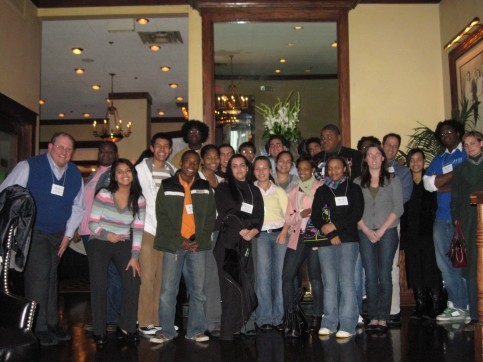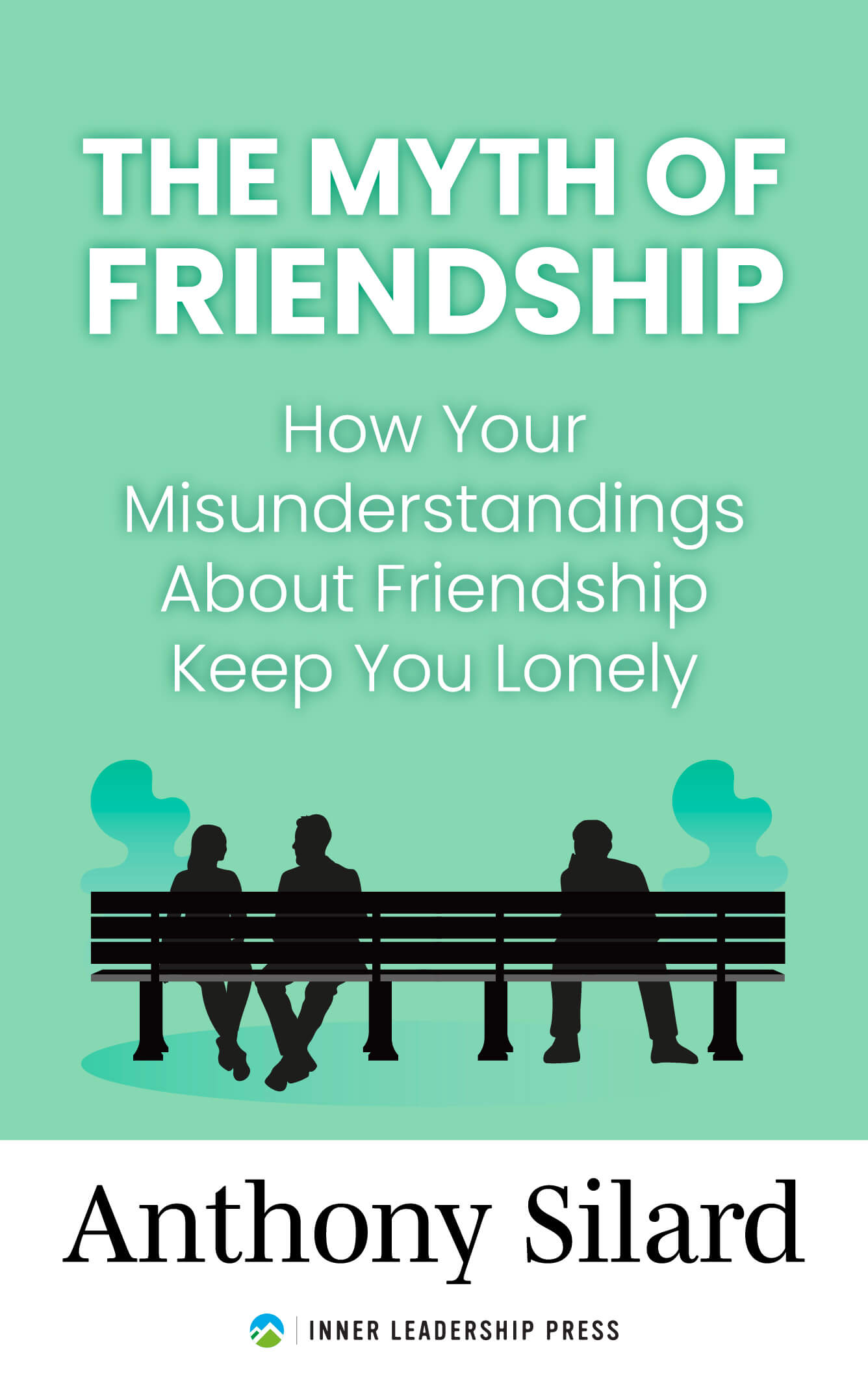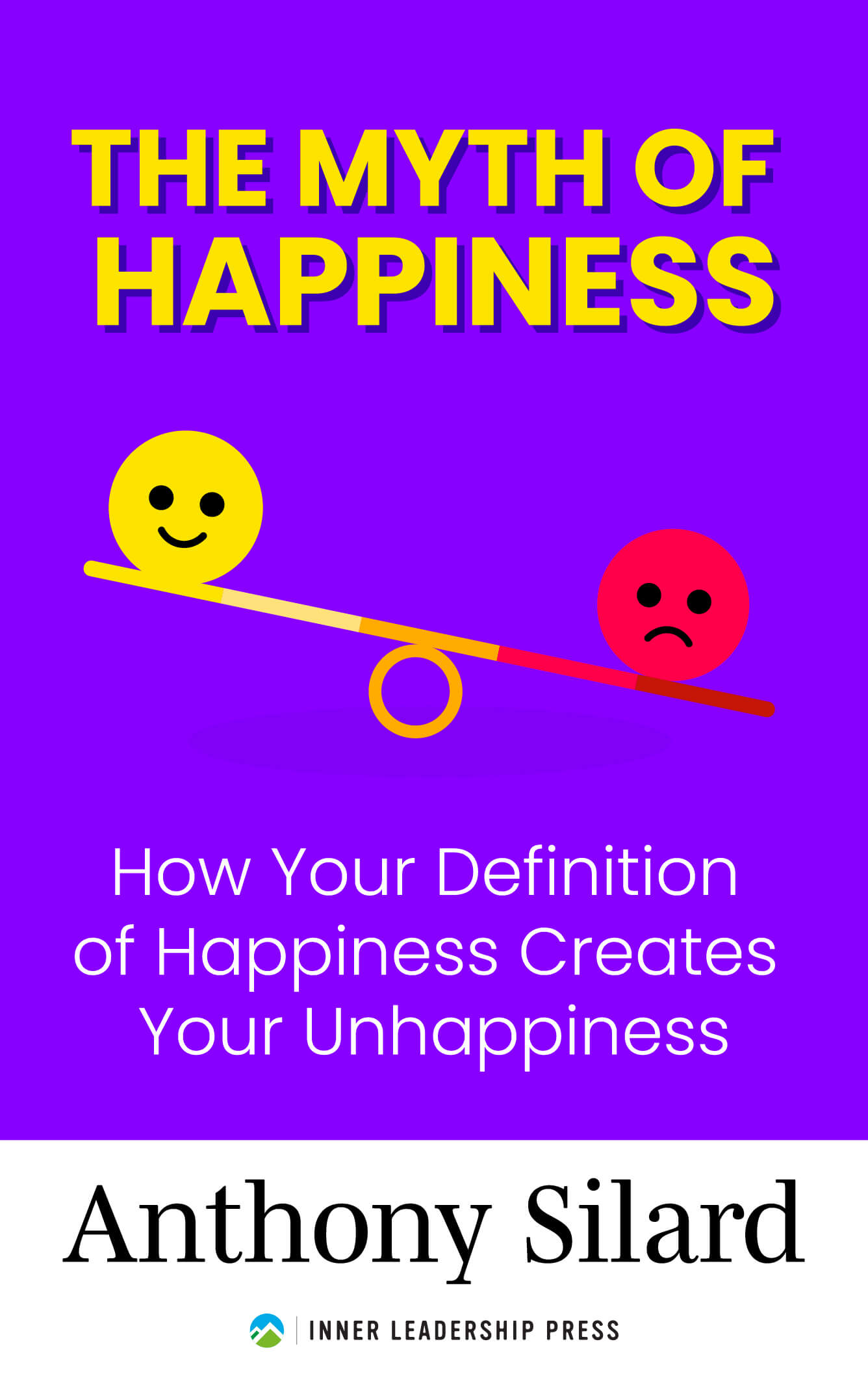Skill Areas
The Five Critical Skill Areas CSL teaches in the Young Leaders Program are:
According to a recent study commissioned by the Bill and Melinda Gates Foundation and based on 2001 DCPS and charter school data, only 9 percent of D.C. youth who enter a public high school go on to and graduate from college within 5 years – less than 40% of the national average. Most of the low-income youth who participate in the YLP will become the first in their families to attend college. View a profile of a typical student in the YLP.
Sessions on College Preparedness make the connection between leadership and higher education. CSL teaches youth the benefits of a college education and how to prepare themselves for college. Students also learn strategies for securing scholarships, how to write a Statement of Purpose and other college essays, and generally how to navigate the college application process. CSL offers the Young Leaders Program either at The Gallup Corporation or on The George Washington University campus and incorporates over 15 GWU students as volunteers and panelists in each program to help demystify the college experience for participating youth.

Sessions on Career Readiness focus on writing cover letters and resumes, interviewing, networking and finding high-wage employment. Youth make the connection between leadership and their careers, and learn how to find not just any job, nor even any career, but a calling they love which sustains both their motivation and livelihood. (Youth learn both how to do good and how to do well.)
CSL teaches students important life skills including how to manage money and how to build positive relationships with adults. In addition, the students have the opportunity to interact with 50+ professional panelists in leadership roles in business, government and the nonprofit sector who help them to acculturate to the professional environment. Youth learn how professionals interact when they share real-life leadership examples from their own experiences and engage in interactive, circular dialogues on leadership (rather than lecturing) with the youth participants. The professional mentors help the youth to build their networks, learn the ‘language of employment’ and break the cycle of poverty.
View a description of CSL’s highly interactive Panel Model.
Youth become leaders, enabling them to more effectively achieve their personal and professional goals, including higher education, future employment and social activism. Youth rarely respond to lectures, esp. from adults. Highly-interactive Leadership Workshops include frequent role-plays, discussions, group projects and dramatizations. Youth practice leadership skills directly as opposed to just learning about leadership theory.
Neurological research indicates that the most highly impactful leadership training programs facilitate a process of ‘rewiring’ of brain circuits that store our perceptions of how a leader should act. CSL creates a ‘Leadership Laboratory’ where youth can question their preconceptions of leadership and design their own philosophies about what it takes to become a leader.
The YLP differs from most other youth programs in that it offers youth a combination of both transformational and transactional skills. Washington youth learn important transactional (‘hard’) skills – such as how to write a resume, interview for a job, write a college essay and design a Service Project – through the lens of the transformational leader.
Youth learn a new, revolutionary goal-setting system that enables them to transform their loftier dreams into concrete, deadline-driven goals and upgrade them for a lifetime. Youth participants create their own Vision Statement – a timeless, unattainable summary of their core values, how they want to act toward others, and what they wish to accomplish and be remembered for. In parallel, they design a time-sensitive, attainable Action Plan that enables them to transform their Vision Statement into concrete personal and professional goals with the guiding theme that “a goal is a dream with a deadline.”
Each youth completes the YLP with an Action Plan that contains goals that are SMART (Specific, Measurable, Aligned with their Vision Statement, Realistic and Time-based). CSL’s innovative Goal-Setting System enables each young person to align their everyday actions with their long-term Vision – a keystone of leadership and one of the ultimate goals of the YLP. Youth continuously revise their Vision Statements and Action Plans during program sessions and off-line, and present them at the YLP graduation.
The Vision Statement/Action Plan goal-setting model in the YLP is based on the Simon & Schuster book The Connection: Link Your Deepest Passion, Purpose, and Actions to Make a Difference in the World written by CSL’s President, Anthony Silard.
Youth learn the importance of service, civic engagement and working toward positive change in their communities. The YLP includes sessions on ‘Becoming a Change Agent’ – a service learning curriculum that makes the vital connection between leadership and service. Youth develop, implement and evaluate a service project in their community. View the YLP Service Project at HD Woodson High School – a clothing drive for the homeless – written by Tyler Atkins, Program Coordinator of The Hoop Dreams Scholarship Fund.
The YLP includes sessions on the role of non-profitorganizations in our society and understanding how nonprofits operate. These sessions include trainings on fundraising and board governance (esp. the roles and responsibilities of nonprofit Board members) to prepare youth to play active roles on Youth Advisory Boards in their youth organizations/charter schools. Youth learn how to speak up about what’s important to them so the key decision-makers in their organizations/schools can hear what’s important to them, including their front-line feedback about how their organizations can improve their youth programs.
This incident illustrates the importance of youth having a stronger voice in their organizations: CSL was working with Capital Partners for Education to develop a recruitment flyer for its first YLP in fall 2005. CPFE staff were voicing their opinions about what the youth would respond to. After fifteen minutes of deliberation, Khari Brown, Executive Director of CPFE, said: “This is the reason we need this program. Once we have youth playing leadership roles in our organization, they’ll be here helping us to figure this out.”
Contact CSL if you are interested in setting up a program in your region, focus area or funding area.





